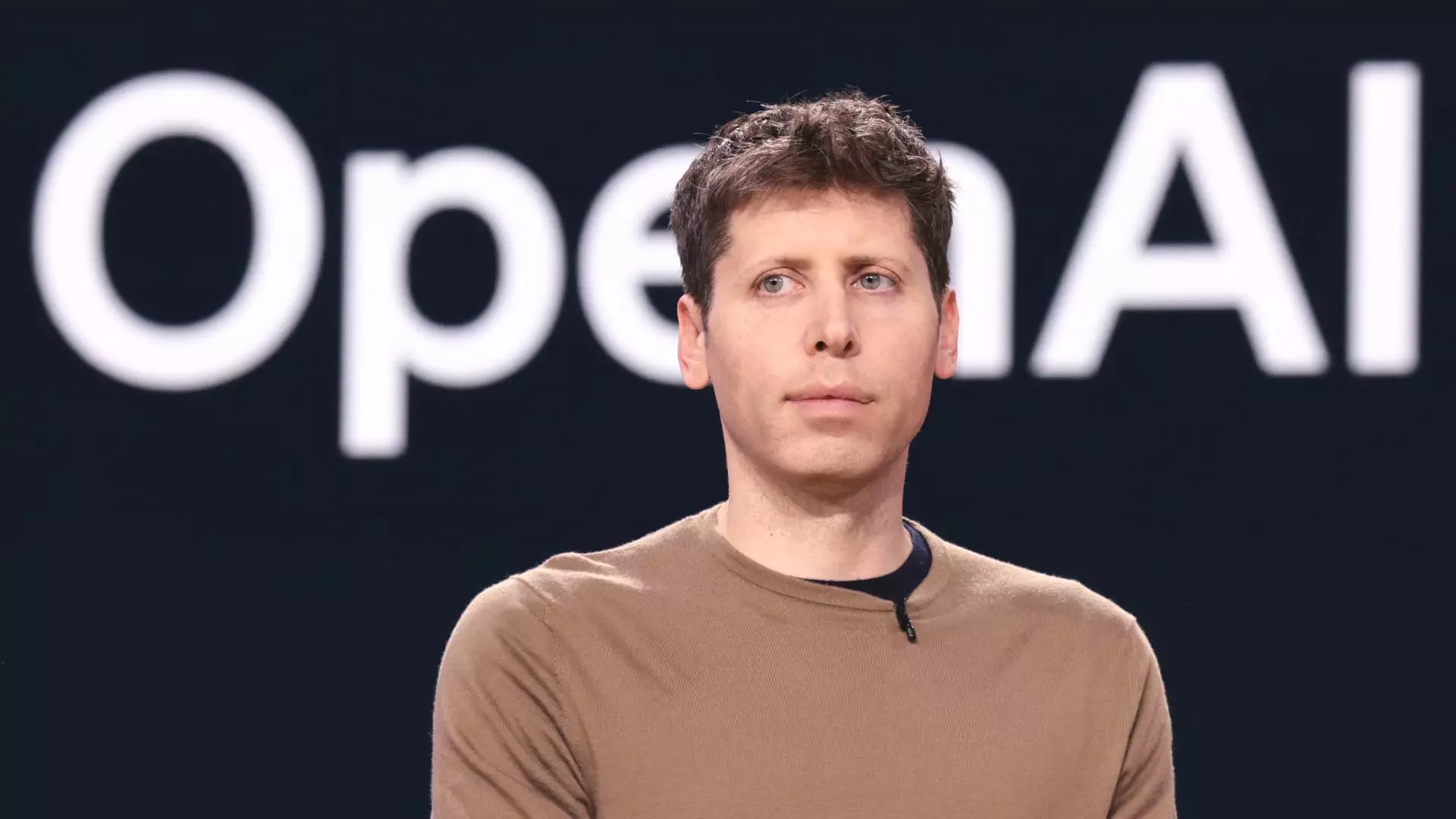The rapid advancement of artificial intelligence (AI) technologies has ushered in extraordinary opportunities, as well as profound concerns regarding safety and ethical implications. Recognizing these challenges, OpenAI, a leading AI research organization, is taking significant steps to bolster its governance structure. This article delves into OpenAI’s recent decision to transform its Safety and Security Committee into an independent oversight board. This shift comes amid ongoing scrutiny of the company’s protocols and processes following its explosive growth with products like ChatGPT and SearchGPT.
Announced on Monday, OpenAI’s decision to convert its Safety and Security Committee into an independent oversight board marks a pivotal shift in how the organization approaches AI safety. Chaired by Zico Kolter, an esteemed figure in the field of machine learning at Carnegie Mellon University, the committee brings together a diverse roster of expertise, including prominent members like Adam D’Angelo, former NSA head Paul Nakasone, and ex-Sony executive Nicole Seligman. This diverse mix highlights OpenAI’s commitment to harnessing varied perspectives in the governance of its technology.
This oversight board aims to ensure that safety and security considerations are integrated into every stage of model deployment and development. The establishment of independent governance in safety and security is the first of five key recommendations made by the committee. Other recommendations include enhancing security protocols, increasing transparency, collaborating with external organizations, and unifying safety frameworks across the company. These measures are critical as the AI landscape evolves rapidly, necessitating robust mechanisms to address emergent risks.
Simultaneously, OpenAI’s external environment is shaping its internal dynamics. The company is reportedly in the midst of pursuing a funding round that could value the enterprise at over $150 billion. While Thrive Capital appears to be a primary investor in this round with a planned investment of $1 billion, other tech giants such as Microsoft, Nvidia, and Apple are also in discussions to participate financially. These developments underscore not only OpenAI’s increasing influence and importance in the AI sector but also the imperative for the organization to uphold strong ethical standards amidst burgeoning investor interest.
The significance of a robust independent oversight mechanism cannot be overstated, especially given the high stakes involved in AI development. As AI models become more complex and their applications widen—impacting everything from healthcare to autonomous vehicles—oversight becomes even more critical. The consequences of negligent governance can lead to detrimental outcomes, raising serious ethical and safety questions.
Despite the undeniable success OpenAI has experienced since launching ChatGPT, the organization has faced serious internal and external skepticism regarding its operational practices. Reports highlight concerns among employees regarding the speed of growth and the adequacy of safety protocols. In July, Democratic senators expressed their apprehensions in a letter directed at OpenAI’s CEO, Sam Altman, questioning how the company manages emerging safety issues.
Additionally, the lack of a robust oversight framework has led to calls from both current and former employees for improvements in whistleblower protections, allowing individuals to raise concerns without fear of retribution. These internal challenges were exacerbated when OpenAI disbanded its long-term risk team just a year after its establishment, prompting criticism regarding the organization’s priorities and commitment to safety.
The actions OpenAI is taking in response to these controversies reflect a broader understanding of the responsibilities that accompany AI innovation. With the newly formed independent oversight board, there is an opportunity to implement a more structured approach to governance that prioritizes ethical considerations alongside technological advancement. The committee now has the authority to delay model launches if safety issues are identified. This proactive stance could foster greater public trust in OpenAI’s commitment to responsible AI deployment.
As the organization navigates this transformative period, balancing rapid innovation with stringent safety and ethical standards will be paramount. The independent board’s recommendations, if effectively implemented, could serve as a framework not only for OpenAI but also for the wider AI industry, which must grapple with similar dilemmas. The journey ahead will undoubtedly be complex, but it is an essential undertaking as society continues to integrate AI into daily life for a better future.


Leave a Reply